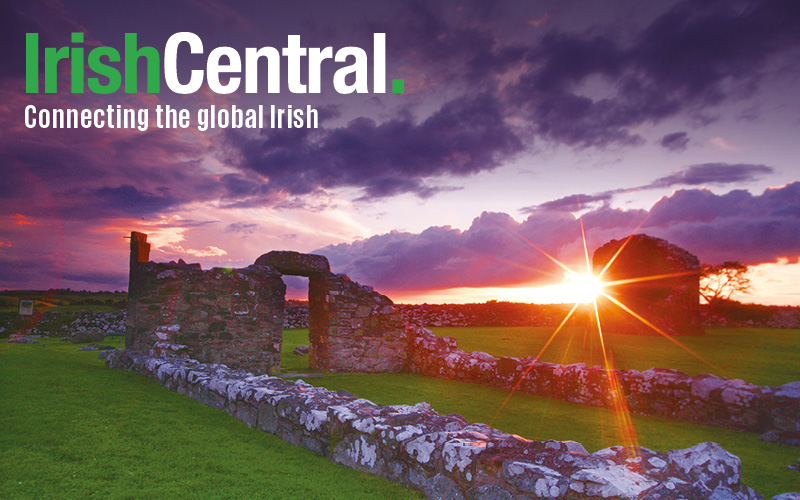When I think of Ireland the first thing I think of is a haunted silence.
I could hear it everywhere around me growing up. I heard it in our public life, in our institutions, in our schools, in our style of governance, even in our daily interactions, and I used to wonder at it, where did it come from, why had it persisted, what did it mean?
The most distinctive thing about Ireland I thought - and still think - was the way that so many of our narrative strands seemed to falter and run out. By that I mean the way that our stories often ended before their time, leaving behind all the hollowed out ruins that surrounded us (places are stories too).
The old Gaelic castles, the collapsed famine cottages, the forgotten farms, the roofless stone churches, all those emblems of conflict and abandonment, of loss and flight, scars on the landscape that the living overlooked.
Or so I thought. Just to cycle to a friends house I had to variously pass a ruined 15-century castle, a famine era workhouse, a giant iron pot that had been used to feed the starving locals, a 19 century mill that had long since stopped working, the sight of a lethal anti-Catholic religious purge, even a Napoleonic watchtower.
My house had been built by the British to administer the peninsula of Inishowen. The sword of the last Gaelic chieftain of Ulster had been stored in it. There were perhaps five people in a hundred miles who knew all of this. The rest were occupied by the hard business of living. The study of history requires a full stomach after all.
So it occurred to me that a sort of implicating connective tissue that we should have shared with our ancestors had been thoroughly cut. We hadn't just been robbed of our land and language, a much crueler thing had been done to us, our narratives, our communal well of stories (the treasure chest of selfhood) had been traumatized and replaced by a stark, sometimes shamed, sometimes inconsolable silence.
In the mirror of our past we saw only our own uncomprehending faces. Much of what we had been was no longer available to us. Much of our past had been beggared, sent out on the roads to emigrate or wither away. People are stories too, and so many were lost (and are still being lost) to us.
So it has always made complete sense to me that the primary orchestrators of the 1916 rebellion were poets, writers and philosophers. I think that they understood the true nature and scope of the tragic severance that I intuited all around me growing up.
I think they sought a national restoration, a return to sources, but I think they were driven by the deep fear that they had already lost the map and key to the origin point of what James Joyce called the riverrun.
The thing about Eden is that once lost it stays lost. The road into our untrammeled past can no longer be found. But imagination can allow us to live in two places at once, and history has ensured we will have to.
So we must learn to live in a broken place and embrace our broken heritage. That’s what the peace process has taught us, or it should.
It’s a legacy that we can share with many other small nations and peoples. What we lost cannot be recovered but what remains has proved itself more tenacious and fit for purpose than anyone could ever have predicted. There’s a beauty in that tenacity that is worth celebrating this centenary.




Comments